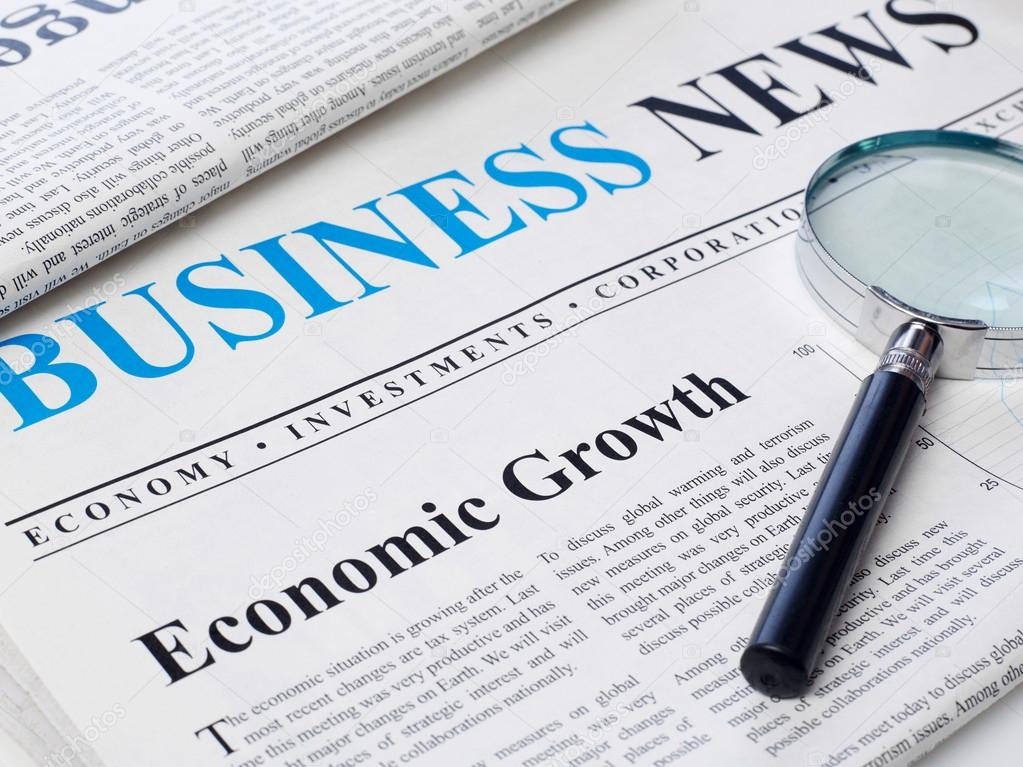The U.S. economy grew faster than expected in the fourth quarter amid strong consumer spending, and shrugged off dire predictions of a recession after the Federal Reserve aggressively raised interest rates, with growth for the full year coming in at 2.5%.
The Commerce Department's advance fourth-quarter gross domestic product report on Thursday also showed inflation pressures subsiding further. The strong economic performance, which appears to have spilled over into the new year, suggested that March would be too soon for the U.S. central bank to start cutting interest rates. Rate cuts this year, however, remain in the cards as inflation cools.
"Whichever way you slice it, this report caps a year of stellar economic growth performance, particularly with the backdrop of the Fed's aggressive monetary policy tightening cycle," said Olu Sonola, head of U.S. regional economics at Fitch Ratings in New York. "The momentum of economic growth going into 2024 is looking very good."
Gross domestic product increased at a 3.3% annualized rate last quarter after advancing at a 4.9% pace in the third quarter, the Commerce Department's Bureau of Economic Analysis said. Growth was also supported by rising exports, government spending and business investment.
There was a small contribution from inventory investment. Though housing grew for a second straight quarter, it did not add to GDP growth. Economists polled by Reuters had forecast GDP rising at a 2.0% rate. Estimates ranged from a 0.8% rate to a 2.8% pace. The economy is expanding at a pace above what Fed officials regard as the non-inflationary growth rate of 1.8%.
Growth last year accelerated from 1.9% in 2022, and was the fastest in two years. From the fourth quarter of 2022 through the fourth quarter of 2023, the economy grew 3.1%, blowing away economists' estimates for a 0.1% contraction back in December 2022. Part of the economy's stamina reflects labor market resilience, marked by low layoffs and strong wage gains, which are underpinning consumer spending. The economy created 2.7 million jobs in 2023.
The Labor Department in a separate report on Thursday said initial claims for state unemployment benefits increased 25,000 to a seasonally adjusted 214,000 for the week ended Jan. 20, still very low by historical standards.
Increased government spending and near-zero interest rates during the COVID-19 pandemic, which allowed some corporations and households to lock in low borrowing rates, have also helped stave off a recession.
Economists had based their gloomy forecasts on the rapid pace at which the Fed was raising rates to dampen demand.
Most have walked back their recession calls and expect the expansion to continue this year, though at a slower pace.
President Joe Biden, who is seeking a second term in the White House, hailed the strong GDP report as "good news for American families and American workers." With economic data continuing to surprise on the upside,
financial markets have pushed the probabilities of a March rate cut to below 50%. The odds rise for the May policy meeting.
The central bank is expected to keep its policy rate unchanged at the current 5.25%-5.50% range at its meeting next week. Since March 2022, the Fed has raised its benchmark overnight rate by 525 basis points.
Stocks on Wall Street were trading higher. The dollar rose against a basket of currencies. U.S. Treasury yields fell.
CONSUMERS DRIVE THE ECONOMY
Consumer spending, which accounts for more than two-thirds of U.S. economic activity, grew at a 2.8% rate in the October-December quarter after rising at a 3.1% pace in the third quarter. Americans dined out and stayed at hotels over the holiday season as well increasing spending on healthcare.
They also bought recreational goods and vehicles. Consumption was facilitated by rising wages, higher interest and dividend income, which more than offset a decline in government social benefits, including food stamps and Medicaid.
Spending was also supported by households drawing on savings as well as subsiding inflation. But amid rising anecdotal evidence of consumer distress because of higher borrowing costs, spending is likely to slow in the coming quarters. Government money to households is also expected to decline further.
Nonetheless, most economists do not believe that will derail the expansion, especially if the Fed eases monetary policy and the stock market maintains its upward trend.
"Growth is set to slow this year, but the U.S. economy is likely to avoid recession in 2024 as the economic fundamentals are solid," said Gus Faucher, chief economist at PNC Financial (NYSE:PNC) in Pittsburgh, Pennsylvania.
Income at the disposal of households after accounting for taxes and inflation rose at a 2.5% rate, quickening from the July-September quarter's 0.3% pace. The saving rate fell to 4.0% from 4.2% in the third quarter.
The strong growth was surprisingly accompanied by ebbing inflation. A measure of inflation in the economy increased at a 1.9% pace after advancing at a 2.9% rate in the prior quarter.
The personal consumption expenditures (PCE) price index excluding the volatile food and energy components rose at a 2.0% pace, matching the July-September quarter's increase.
The so-called core PCE price index was driven by housing as well as healthcare. It is one of the inflation measures tracked by the Fed for its 2% target.
Economists are for now not too worried that attacks on shipping lines by Iran-aligned Houthi militants in the Red Sea and a drought in the Panama Canal could fan inflation.
"We're still in a disinflationary mode," said Brian Bethune, an economics professor at Boston College. "The only remaining problem in terms of inflation is shelter."
Source : Investing.com / Jan 25, 2024
